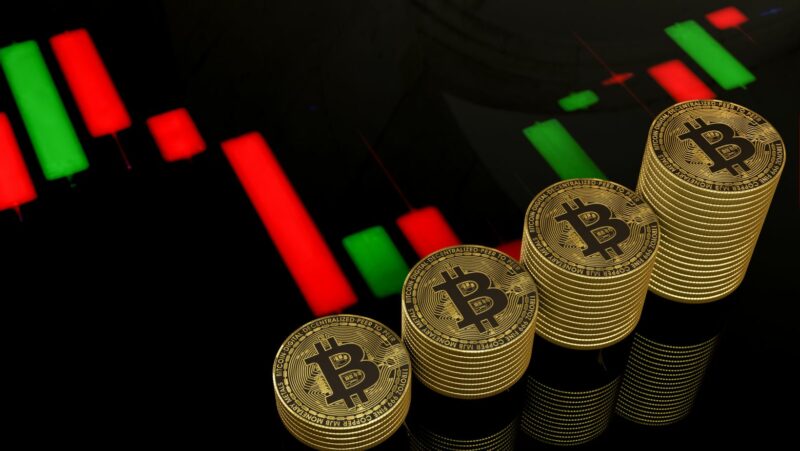Cryptocurrency acronyms like BTC often leave many people puzzled at first glance. When I first delved into the world of digital currencies, deciphering these codes felt like cracking a secret language. If you’ve ever wondered, “What do BTC mean?” – you’re not alone. In this article, I’ll unravel the mystery behind BTC and shed light on its significance in the realm of cryptocurrencies.
What Do Btc Mean
The Origin and Meaning of BTC

As a cryptocurrency, BTC serves various functions beyond being a digital currency. It enables secure, peer-to-peer transactions without the need for intermediaries like banks. The finite supply of 21 million coins ensures scarcity, mirroring precious metals like gold. BTC’s value fluctuates based on market demand, making it a popular choice for investment and transactions worldwide. Understanding the nuances of BTC is crucial for anyone looking to participate in the cryptocurrency market effectively.
The Technology Behind BTC
How Blockchain Powers BTC
Blockchain is the underlying technology that powers BTC. It’s a decentralized digital ledger that records all BTC transactions across a network of computers. Each transaction is stored as a block, which is linked together in chronological order, forming a chain. This transparency and security offered by blockchain technology ensure that transactions are tamper-proof and verifiable.
The Role of Mining in BTC Transactions
Mining plays a crucial role in validating and adding transactions to the blockchain. Miners use powerful computers to solve complex mathematical puzzles, which helps confirm transactions and secure the network. In return for their efforts, miners are rewarded with newly minted BTC and transaction fees. This process not only maintains the integrity of the blockchain but also regulates the issuance of new BTC into circulation.
BTC in the Global Financial Landscape
BTC as a Digital Asset

Investing in and trading BTC have become increasingly popular activities in the financial markets. The volatility of BTC prices offers opportunities for investors to profit from price fluctuations. Trading platforms and exchanges facilitate the buying and sell BTC, allowing investors to enter and exit positions efficiently. Understanding market trends and technical analysis is crucial for successful investment and trading in BTC.
Challenges and Considerations
Security Issues With BTC
Securing BTC transactions is a critical concern in the digital currency space. The pseudonymous nature of BTC transactions can lead to privacy concerns for users. Hackers may attempt to exploit vulnerabilities in online wallets or exchanges to steal BTC. It’s essential to use secure wallets, enable two-factor authentication, and be cautious of phishing attempts to mitigate security risks when dealing with BTC.
Regulatory Challenges Facing BTC
BTC faces regulatory challenges as governments and financial institutions grapple with its decentralized and borderless nature. Regulatory frameworks vary globally, impacting the legality and acceptance of BTC in different jurisdictions. Compliance with anti-money laundering (AML) and know your customer (KYC) regulations can be challenging for BTC businesses, requiring them to navigate a complex regulatory landscape. Adapting to evolving regulations while maintaining the core principles of decentralization poses a significant challenge for the mainstream adoption of BTC in traditional financial systems.

